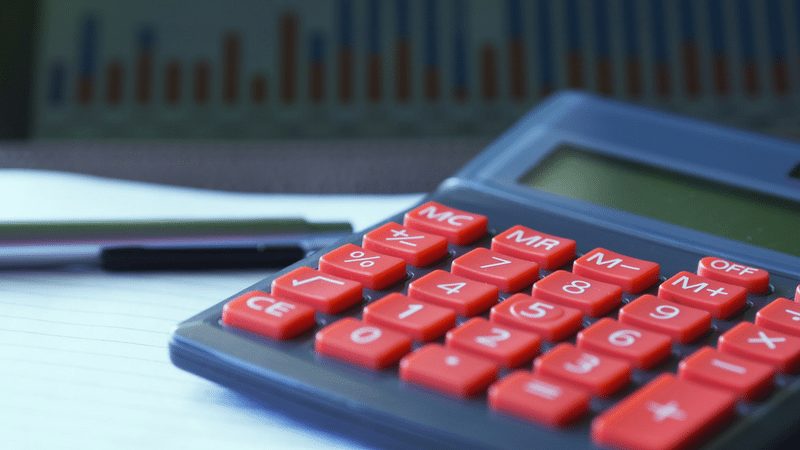Why You’re Not Losing Fat
Episode #5 of the course Fat loss for fitness enthusiasts by Theo Brenner-Roach
Today, we are going to dive into the reasons you aren’t losing weight when you want to, what to watch out for, and what you can do about it.
I’ve seen it a million times: You just can’t seem to lose weight.
It doesn’t matter what you do, it just won’t shift.
You lower your calories, up your cardio, restrict yourself more, and generally feel like garbage.
Still nothing happens.
What gives?
There is often this misguided notion in the fitness and diet world that you can’t lose weight unless you cut out the foods you like, feel miserable, and have no life.
Quite frankly, this is just not true, and it’s the reason so many people give up before they ever really get started.
Losing weight does not need to be difficult, and ultimately, it boils down to this 1 very important fact:
You must be in a calorie deficit to lose weight.
If you’re not in a calorie deficit, then you won’t lose weight, period.
If you’re not losing weight, then as much as you might think you are in a calorie deficit, you’re not.
There a number of reasons you might not be in a calorie deficit when you think you are:
You’re eating too many hidden calories. Hidden calories are all the things you use without thinking about and therefore don’t add to your daily intake.
Things like a little oil for cooking, a splash of milk in your coffee, or a sachet of seasoning on your food.
You may think you’re just using a little, and in each instance, you probably are, but when you add all these calories up, you could be 100s over your daily target.
You’re not tracking intake properly. We all know that tracking calories is not 100% exact, but we also know that it is much more accurate than not tracking at all or tracking half-heartedly.
As we’ve seen, hidden calories can stack up and push you over your daily goal if you’re not careful. Part of being careful is tracking your daily intake effectively.
This means using a tool like MyFitnessPal to keep a daily food diary and tracking your weight to ensure that you’re on track.
You are weekend dieting. The weekend diet is the phenomenon that occurs when you are overly strict with your food intake during the week but let loose at the weekend, often eating thousands of calories and taking yourself out of any calorie deficit you were in.
The secret to avoiding this cycle of restrictive and binge eating is to allow yourself some room to include the foods you like in your daily diet; this way, you don’t arrive at the weekend desperate to eat them.
You need to recalculate your calories. As your weight changes, so will your energy needs. Particularly as you reach 10% body fat and lower, you will need to recalculate your daily calorie intake to reflect your new energy needs.
If your rate of weight loss begins to slow or stalls completely, then it might be time to recalculate your caloric needs.
Note: As you reach 10% body fat and lower, you will want to aim for a lower rate of weight loss in the region of 1 lb (0.5 kg) per week, even dropping to 0.5 lb (250 g) as you get sub-10% body fat.
Summing Up
A calorie deficit rules supreme when it comes to weight loss, there is no avoiding this fact. If you think you’re not losing weight for any reason, checking that you’re in a caloric deficit should be your 1st port of call.
Recommended book
Mindless Eating: Why We Eat More Than We Think by Brian Wansink
Share with friends

